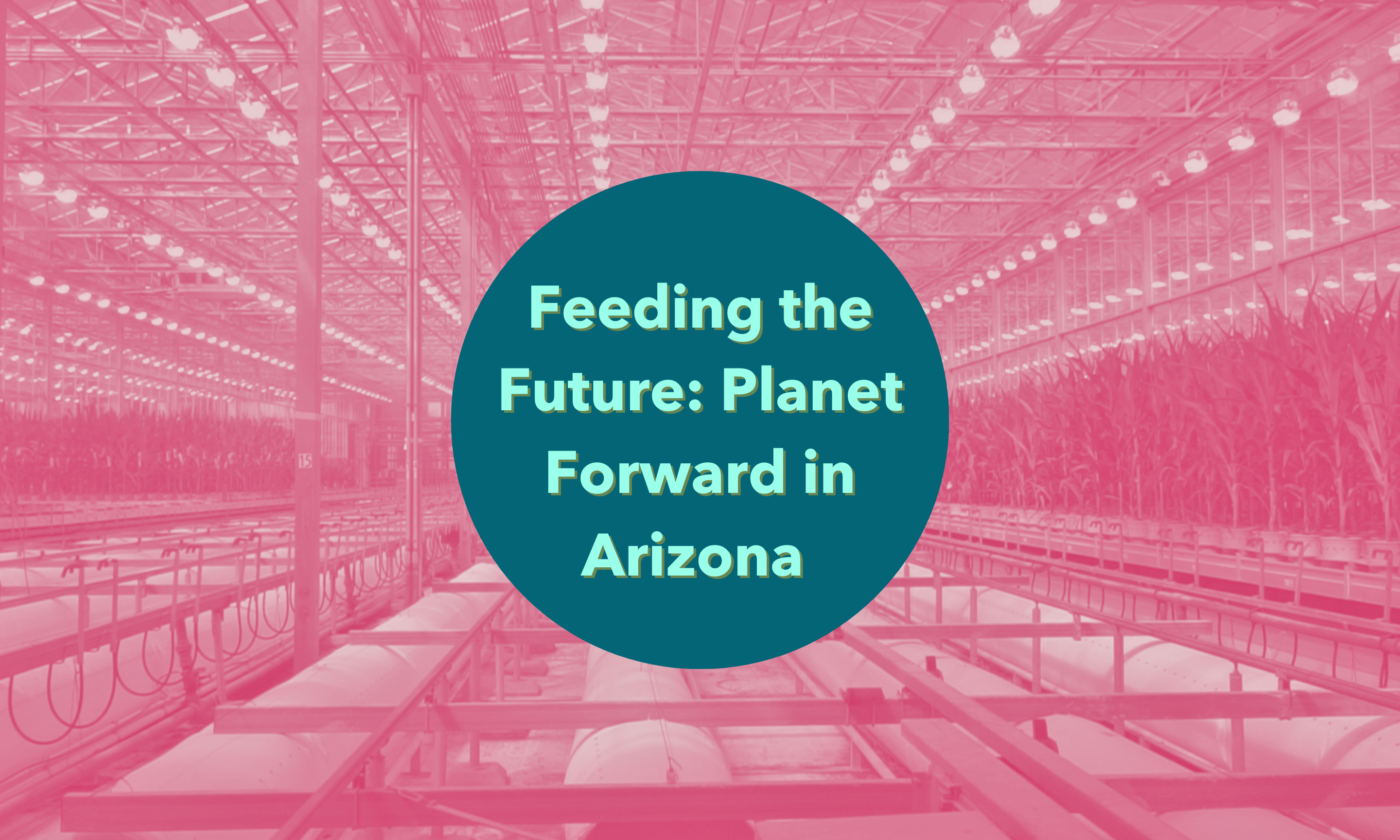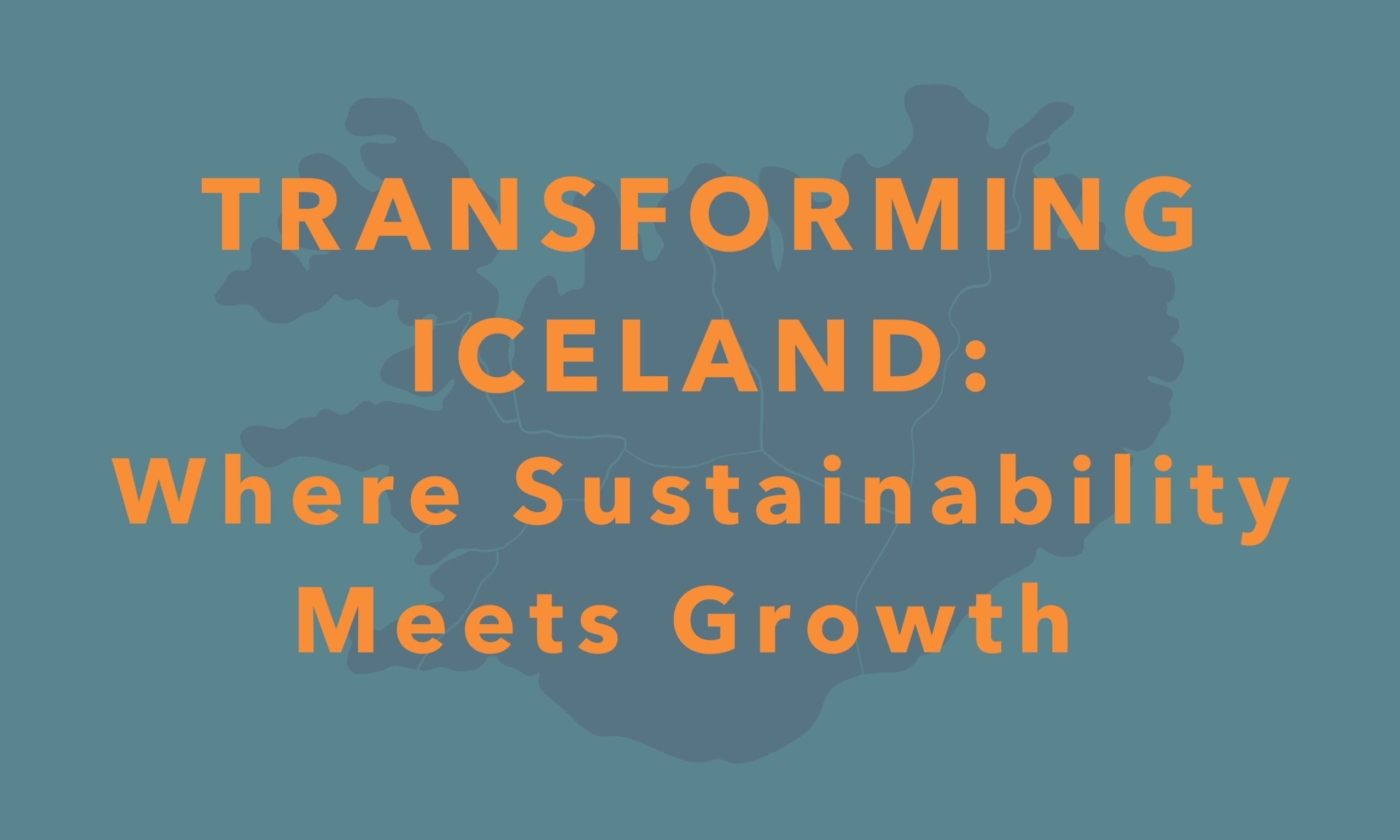
Peter LaPuma
George Washington University
ContributorSustainable energy and sustainable living have long been areas of academic and personal interest for Professor LaPuma. “To maintain our standard of living in an energy-constrained future will not be easy; we need robust energy strategies and a new way of thinking about energy,” he says. Among his research activities, Professor LaPuma has studied the carbon emissions of electric vehicles, compared to gasoline-powered vehicles, the payback time of installing wind turbines, and the potential of geothermal energy. He has studied the feasibility of utility scale solar systems, wind farms and alternative fuel facilities for the federal government. He has also worked with Kuwait and Oman in developing solar systems to offset oil and gas consumption.
Prior to joining the SPHHS faculty in 2009 (after four years as an adjunct), Dr. LaPuma was a faculty member at the Air Force Institute of Technology and the Uniformed Services University. He developed a wide range of environmental science courses, covering such topics as sustainable life cycle design, environmental and occupational health, public health risk assessment, the legal framework for pollution, and toxicology. His teaching skills were recognized with a series of “teacher of the year” awards.
Dr. LaPuma retired from the Air Force in 2007, after 21 years, and then served as a sustainable energy consultant to Booz Allen Hamilton. Putting his academic interests into real-world application, he also designed a sustainable subdivision on a Virginia farm and designed and built his own partial earth berm home.














